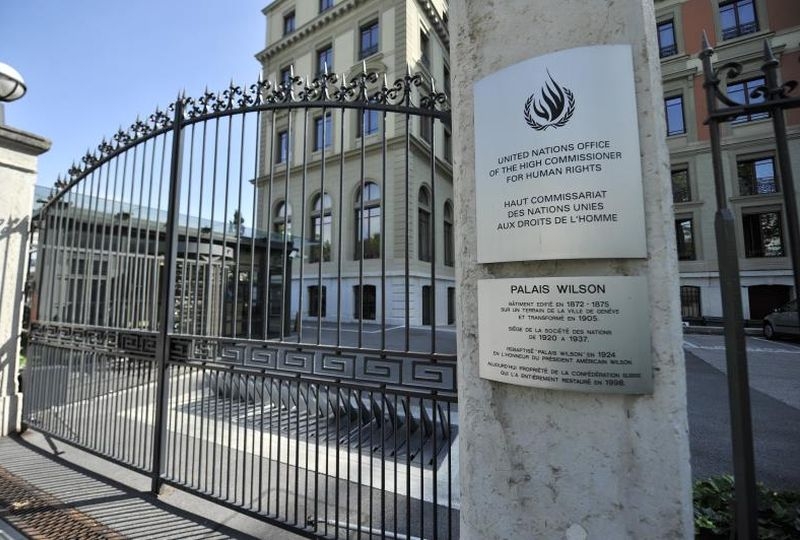The 2020 Review is the most recent effort to strengthen the UN human rights TB system, building upon efforts underway for over 30 years.
This working paper details steps undertaken by different stakeholders – states, TB members, NGOs, academia and the Office of the UN High Commissioner for Human Rights (OHCHR) – during this decisive year to implement the recommendations emanating from the review. The paper also includes a detailed account of the Geneva Human Rights Platform’s initiative on the review.
‘In relation to our initiative, it was particularly interesting to see how TBs and OHCHR shifted official dialogues with states and other TB activities online, and how they coordinated internally. The example of the inter-committee working group on COVID-19 is a positive development in terms of inter-committee coordination, which could also tackle further areas of general harmonization.








